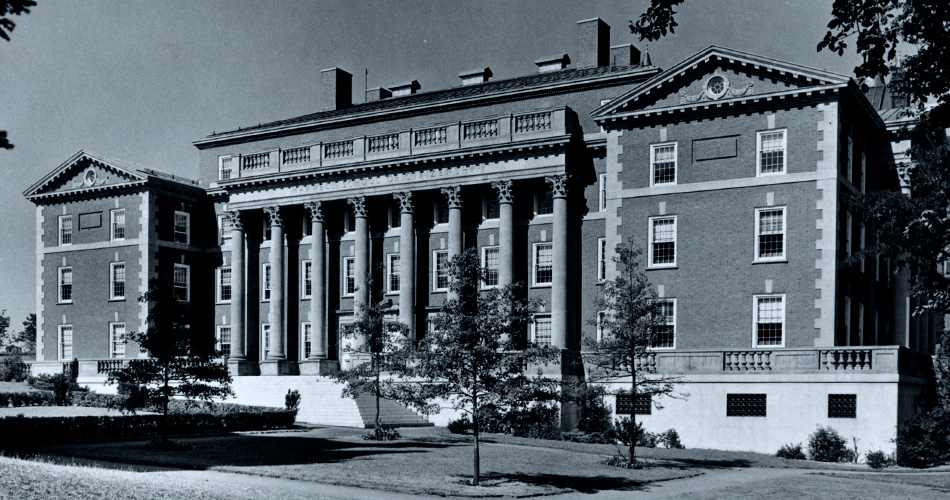Neopopulism and the Challenges to Democracy: Italy in Comparative Perspective
Crouse-Hinds Hall, 010
Add to: Outlook, ICal, Google Calendar
The Moynihan Institute, along with the Center for European Studies is proud to host Professor Paolo Graziano.
Over the past decades, neopopulism has become a key phenomenon in several European and non-European democracies, and it has opened a series of conceptual, theoretical, analytical, and normative questions. Conceptually, defining and distinguishing neopopulism from other contemporary political phenomena has become a true challenge, whereas theoretically, neopopulism is still underdeveloped. Analytically, populism has been studied from a number of (sometimes conflicting) perspectives, and from a normative perspective, it has often been simply seen as a threat to democracy. After a brief conceptual and theoretical introduction – by taking the Italian case as an illustration of neopopulist parties’ emergence and consolidation – Graziano will distinguish between two main varieties of neopopulism, identify the determinants of populist parties’ success, and analyze the possible consequences on a consolidated democracy like the Italian one. Graziano will conclude with some reflections for future studies.
Paolo Graziano is professor of political science at the University of Padua; research associate at the European Social Observatory, Brussels; and Chercheur Associé at Sciences Po, Paris. He has held visiting positions at a number of universities, including—among others—Cornell University, University of Cambridge, University of Oxford, Sciences Po in Paris, University of Melbourne, University of Washington, European University Institute, University of Roskilde, University of Amsterdam, and University of California Berkeley. He is co-editor of Governance (2018-Present) and former president (2019-2020) of the APSA Conference Group on Italian Politics (CONGRIPS). His research interests include Europeanization, European public policy, comparative welfare state politics and policies, social movements, (neo)populism, and urban participatory democracy.
Category
Social Science and Public Policy
Type
Talks
Region
Campus
Open to
Public
Organizers
MAX-Moynihan Institute of Global Affairs, MAX-Center for European Studies
Accessibility
Contact Eleanor V Langford to request accommodations

We’re Turning 100!
To mark our centennial in the fall of 2024, the Maxwell School will hold special events and engagement opportunities to celebrate the many ways—across disciplines and borders—our community ever strives to, as the Oath says, “transmit this city not only not less, but greater, better and more beautiful than it was transmitted to us.”
Throughout the year leading up to the centennial, engagement opportunities will be held for our diverse, highly accomplished community that now boasts more than 38,500 alumni across the globe.